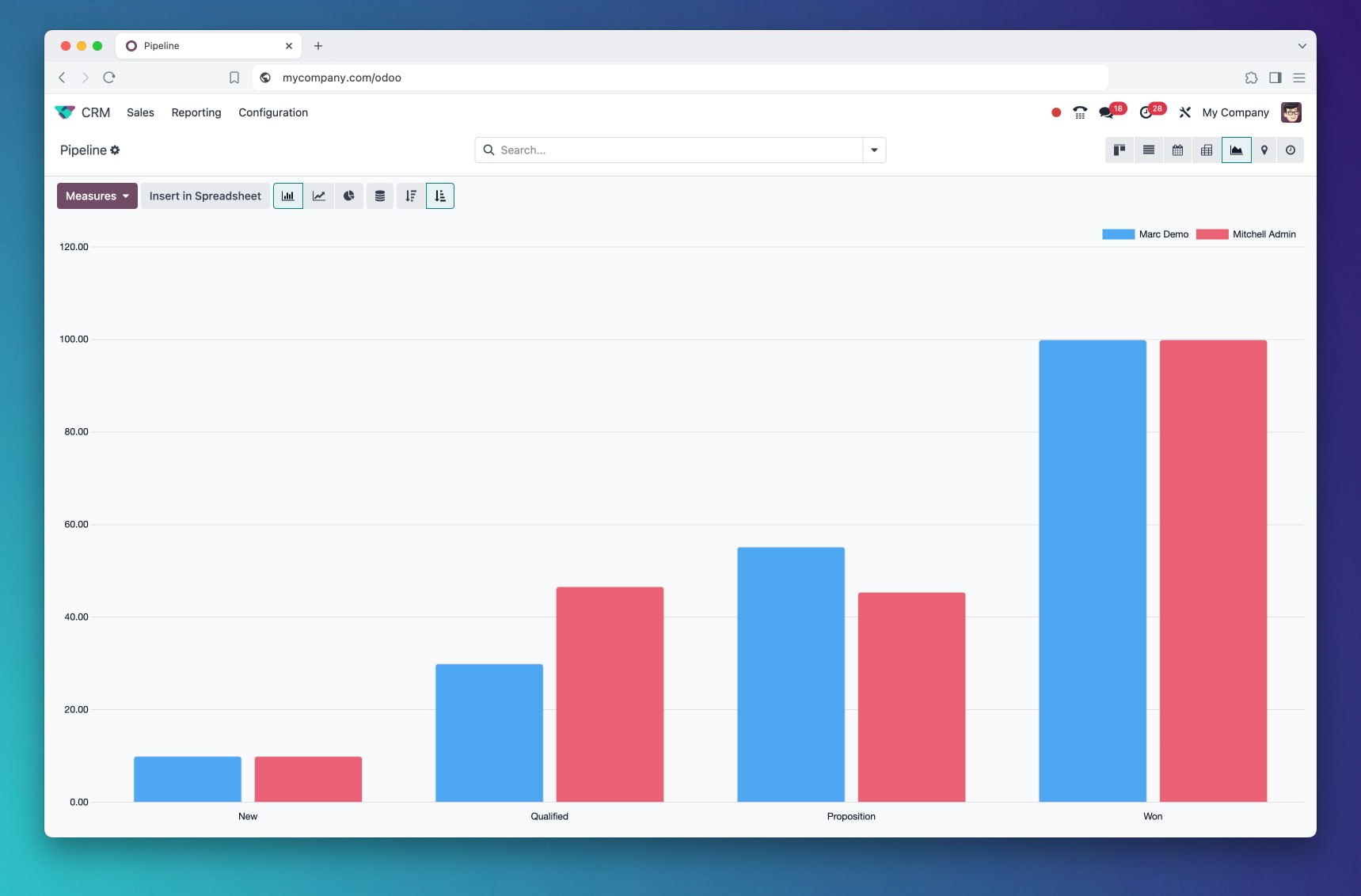Challenges for automotive suppliers
Automotive suppliers have faced considerable challenges since 2020: Disrupted supply chains, rising energy and raw material costs, the transition to electromobility and major production fluctuations are putting enormous pressure on the industry. Automotive suppliers are a key part of the automotive value chain and their ability to operate flexibly and efficiently is crucial to the success of the entire industry. Unfortunately, the numerous crises and upheavals in recent years have dramatically increased the burden on suppliers.

- Supply chain disruptions and material shortages: The automotive supply industry is highly globalized and even minor disruptions can have far-reaching effects on the entire supply chain. In particular, the dependence on specific components and raw materials has led to bottlenecks that are difficult to overcome. Missing materials have not only caused production stoppages, but have also driven up the cost of affected components.
- Rising energy and raw material costs: Energy prices and raw material costs have climbed to a new high, which poses a considerable challenge for suppliers who generally operate energy-intensive production processes. Medium-sized companies in particular, which are less able to pass on price increases to their customers, are under enormous financial pressure.
- Transformation pressure towards electromobility: The automotive industry is currently undergoing one of the biggest transformations in its history - the switch from combustion engines to electromobility. For suppliers, this means adapting and realigning their entire production processes and developing new skills. At the same time, new regulatory requirements and the growing demand for more climate-friendly solutions require extensive investment.
- Fluctuating production volumes: Automotive suppliers are also confronted with strong fluctuations in production volumes. The uncertainty in the industry, exacerbated by the shortage of important raw materials and volatile markets, makes it difficult to plan production efficiently. Many companies are struggling with the fact that they sometimes work below capacity to save costs and then have to compensate for production peaks without having sufficient resources available.
- Increasing competitive pressure and falling margins: the entire automotive industry is under considerable pressure to reduce costs. As a result, OEMs (Original Equipment Manufacturers) are increasingly trying to pass this cost reduction on to their suppliers. In conjunction with rising raw material and energy costs, this is leading to an erosion of margins, making it difficult for many companies to remain profitable.

